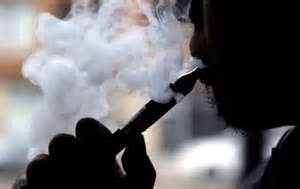The Government of Hong Kong seems to be intent on bringing in a vaping law that does not ally with its own policy on vaping.
According to a story in The Hong Kong Free Press, a proposed draft law states that anyone who imports, manufactures, sells, distributes, possesses [basically, commercial quantities] or promotes alternative smoking products, including e-cigarettes, heat-not-burn products and herbal cigarettes, will be subject to a maximum HK$50,000 fine and six months behind bars.
But the territory’s deputy secretary for food and health Amy Yuen said at a press conference on Wednesday that the draft law did not intend to criminalize those who used alternative smoking products. “It may not be feasible if we ban the use of these products,”. “We also don’t want to disturb people too much.”
It was not clear from the story how it could be that making vaping devices unavailable on the open market would not amount to disturbing users ‘too much’.
Nevertheless, it is apparent that the authorities accept that people will continue to use these products, presumably by buying them on the black market, because the draft law makes provision for punishing people for using alternative smoking products in non-smoking areas: either with a fixed penalty of HK$1,500 or a fine of HK$5,000 upon conviction.
The thinking behind the policy seems deeply flawed. “For users of these new products, the answer is not to go back to conventional smoking products,” Yuen was quoted as saying. “This is not what we are trying to do. We want them to quit altogether.”
Yuen apparently gave no suggestion as to how a former smoker, still addicted to nicotine and deprived of her vaping device, could prevent herself from returning to smoking.
On the question of travellers, Yuen said the government was inclined to adopt a measure applied in Singapore whereby, for a limited time, tourists could surrender their alternative smoking products at the airport. Presumably, thereafter they will be banged up for six months.
The first and second readings of the draft law are due next Wednesday.
The government said it hoped the law would be effective six months after it is passed by the legislature.











